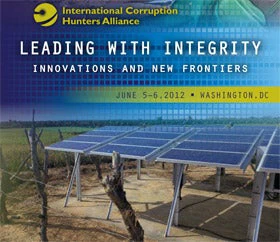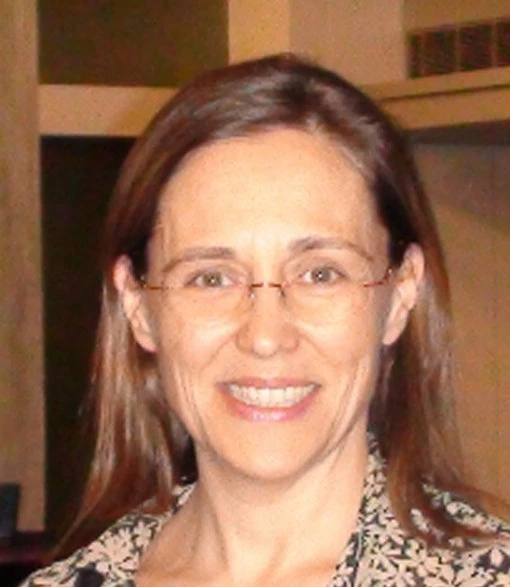
We have learned a great deal over the past decades but visible and measurable progress is limited on the ground. For example, we now realize that in practice corruption is a heterogeneous and complex challenge. Heterogeneous because each country faces a different reality in terms of political conditions, institutional development and cultural factors. Heterogeneous because each country has different levels of skills and resources that can be allocated to address this problem. And heterogeneous because corruption can take many faces and forms.
Corruption is also a complex challenge because it involves diverse actors and stakeholders (local, national and international). But most of all, to address it requires a significant re-allocation of powers and rents within the country trying to address it.
Once we fully grasp the meaning and consequences of this necessary re-allocation of powers and rents we often despair that a solution is within reach. Among like-minded practitioners, our strategy has been to support the development of action plans that are pragmatic and “country” or “project” specific; plans that allow for monitoring progress, adjusting to new circumstances and that include both short-term and medium-term actions; plans that also foster and sustain coordination and collaboration among different actors; and, most of all, plans that promote local capacity.
Still, progress is limited and the glass looks discouragingly half empty.
Thinking about the glass half full or half empty I attended the 2nd Meeting of the International Corruption Hunters Alliance. How could we take what we have learned and support the efforts of practitioners and fighters on the ground? Between political interference, public procurement systems, a lack of transparency, a shortage of resources and weak capacity, policy-makers and anticorruption officials may find themselves in a bind – but not anymore. With the backing of an international alliance, the opportunities for success are becoming more within reach.
The initiative was conceived by the World Bank and sponsoring governments in 2010, but with more than 200 corruption practitioners breathing life into it, our “glass” may not be half empty for much longer. With the support and assistance of like-minded colleagues and an international alliance, even countries with limited capacity and experience can start to address this complex challenge and demonstrate progress.
Here are some of the pointers identified by members of the alliance as their integrity benchmarks. Promoting accountability as a standard and a function can have an instant influence on changing people’s behavior. We ran an experiment with our colleagues. Imagine yourself in a garage where you accidentally came across an envelope including US$2,000. As more than 5,000 people already told us, if you were to consider keeping it, you would more than likely think twice if you thought a security camera may have captured your actions. Once again, the message was clear: Even with such a selected sample of respondents! The world needs more cameras to begin fill our half empty glass.
Throughout the many sessions I attended, I saw the potential impact of an international alliance exporting the experience of its members to the global fight against corruption. I heard leaders of integrity express their commitment to an alliance that would collectively work together to build a community of practice against systemic corruption.
Providing a platform for corruption fighters to share the challenges they experience in their daily struggle makes it easier for them to process and deal with it by relying on tested practices, the introduction of technological tools and the access to advice and knowledge that international organizations such as the World Bank can leverage.
The week and the meeting are coming to an end, and I am still thinking about my “half empty glass.” I had the pleasure to engage with an inspiring group of individuals, integrity champions in their own right and members of an alliance that is worthy of all the support it can get from their countries and the international community. Breaking down their individual silos represents progress.
And my “corruption” glass does not look so far from being full anymore.


Join the Conversation